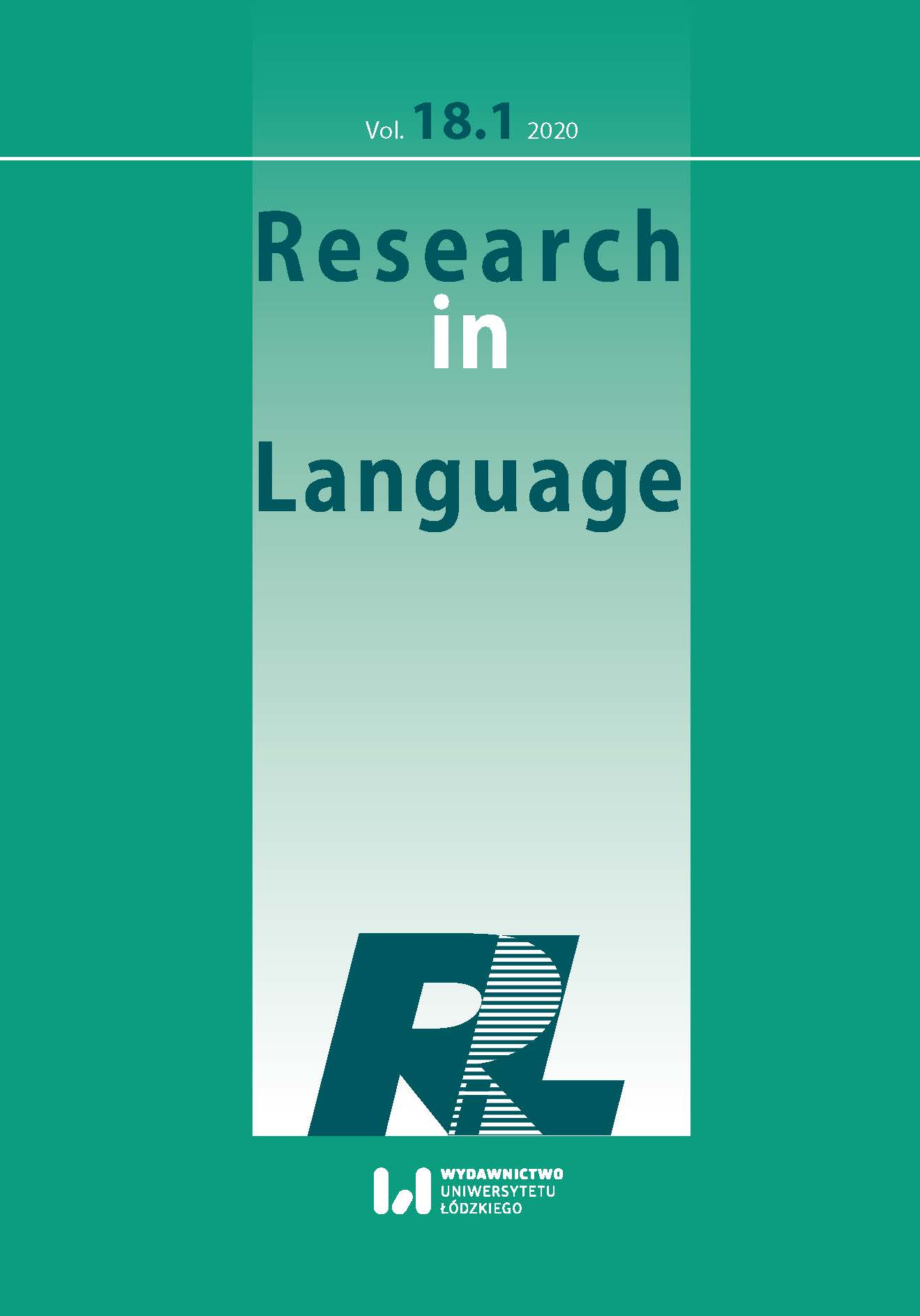Devices of Textual Illusion: Victimization in Romance Scam E-Letters
DOI:
https://doi.org/10.18778/1731-7533.18.1.01Keywords:
dating sites, e-romance scam, linguopsychological devices, electronic communicationAbstract
Virtual communication transcends national boundaries and allows establishing and maintaining contacts efficiently. However, it also poses threats to integrity and ethical online conduct. In particular, dating sites and unsolicited e-messages often prey on vulnerable unsuspecting people with an intention to extort financial means. The internet is a medium where anonymity, disguise and fraud are widespread. Scammers use linguopsychological devices to lure potential victims into the scam scenario. Devices were screened and categorized from seven letter-sets (each set containing 18–23 letters) including correspondence with scammers. The sets revealed similar lexical and macrostructural patterns common in e-romance scam. Frequently employed devices appeared to signal scammers’ malicious intents often potentially detrimental to a victim. Persuasion, flattering, appeal to trust, core human drives such as bonding, greed, altruism are among the most popular scammers’ devices. The method of structural reduction allowed establishing functional stages in the macrostructure of letter-sets.
References
Cappelen, Herman, Dever, Josh. 2016. Context and Communication. Oxford: Oxford University Press.
Google Scholar
Chandler, David. 2002. Semiotics. London: Routledge.
Google Scholar
Colman, M. Andrew. 2001. Oxford Dictionary of Psychology. Oxford: Oxford University Press.
Google Scholar
Coulthard, Malcolm and Johnson, Alison. 2007. An Introduction to Forensic Linguistics: Language in Evidence. London, New York: Routledge. https://doi.org/10.4324/9780203969717
Google Scholar
DOI: https://doi.org/10.4324/9780203969717
Deumert, Ana. 2014. Sociolinguistics and Mobile Communication. Edinburgh: Edinburgh University Press Ltd.
Google Scholar
DOI: https://doi.org/10.1515/9780748655755
Hill, Graham. 2009. AS&A Level Psychology Through Diagrams. Oxford Revision Guides. Oxford: Oxford University Press.
Google Scholar
Janicki, Karol. 2015. Language and conflict. Selected Issues. London, New York: Macmillan Palgrave. https://doi.org/10.1007/978-1-137-38141-5
Google Scholar
DOI: https://doi.org/10.1007/978-1-137-38141-5
Joinson, Adam and Whitty, Monica. 2009. Truth, Lies and Trust on the Internet. London, New York: Routledge.
Google Scholar
Joseph, E. John. 2004. Language and Identity. Houndmills, New York: Palgrave Macmillan.
Google Scholar
Locatelli, Roberta and Wilson, A. Keith. 2017. Introduction: Perception without Representation. Topoi. [Online] Open Access 36. 197-212. Available from: http://eprints.gla.ac.uk/136311/1/136311.pdf [Accessed: 5th August 2018]. https://doi.org/10.1007/s11245-017-9460-1
Google Scholar
DOI: https://doi.org/10.1007/s11245-017-9460-1
Luchjenbroers, June, Olsson, John. 2014. Forensic Linguistics. London: Bloomsbury.
Google Scholar
ONLINE R-SCAMS. 2017. Online Romance Scams Are Fleecing More Americans. [Online] Available from: https://www.forbes.com/sites/dianahembree/2017/06/20/romance-scam-crimes-on-the-rise/#187d57915ec1 [Accessed: 6th June 2018].
Google Scholar
Rege, Aunshul. 2009. What’s Love Got to Do with It? Exploring Online Dating Scams and Identity Fraud. International Journal of Cyber Criminology. [Online] Open Access 3 (2). 494-512. Available from: http://www.cybercrimejournal.com/aunshulregedec2009.htm [Accessed: 5th August 2018].
Google Scholar
R-SCAMS. 2018. Romance Scams Lead to Broken Hearts, Empty Bank Accounts. [Online] Available from: https://news.yahoo.com/amphtml/romance-scams-lead-broken-hearts-134016523.html [Accessed: 5th May 2018].
Google Scholar
SCAMS. 2014. Scams of the Heart. [Online] Available from: scamsoftheheart.blogspot.com [Accessed: 10th June 2018].
Google Scholar
Schaffer, Deborah. 2012. The Language of Scam Spams: Linguistic features of “Nigerian Fraud” E-Mails. A Review of General Semantics. Vol. 69. 157-179.
Google Scholar
Smail, David. 2015. Illusion and Reality: The Meaning of Anxiety. Abingdon, New York: Karnac Books Ltd.
Google Scholar
Tatar, Taner. 2018. The Illusion of Identity. International Journal of Turcologia. Vol. 13. Issue 25. [Online] Available from: https://web.b.ebscohost.com [Accessed: 6th August 2018].
Google Scholar
Whitty, Monica and Young, Garry. 2017. Cyberpsychology. The Study of Individuals, Society and Digital Technologies. Oxford: The British Psychological Society.
Google Scholar
Downloads
Published
How to Cite
Issue
Section
License

This work is licensed under a Creative Commons Attribution-NonCommercial-NoDerivatives 4.0 International License.










